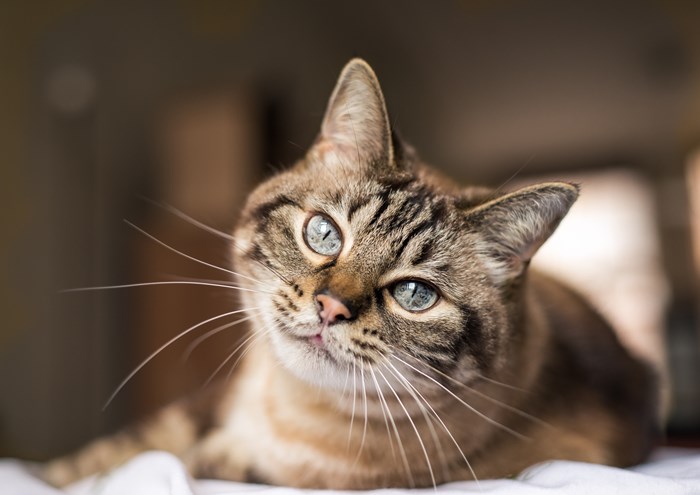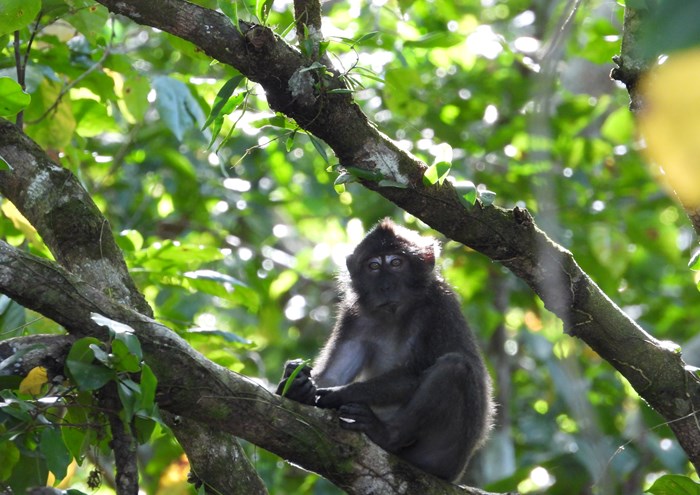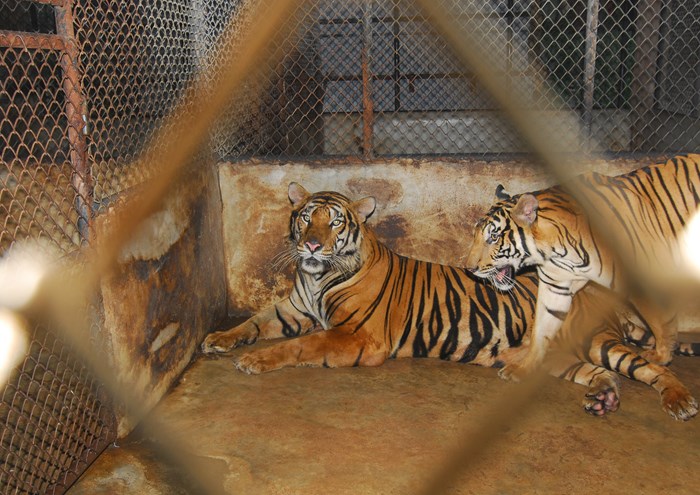
Elephant ambulance in Laos

When the COVID-19 pandemic swept the world, tourism came to standstill, and many of these elephants were moved from tourist cities back to the villages where they came from. Other elephants still live in traditional elephant camps. Unfortunately, elephant well-being is challenged in both locations. This is due to two factors; first of all, that elephant owners and keepers lack knowledge on how to correctly care for the elephants and secondly that there is inadequate access to qualified veterinary assistance.
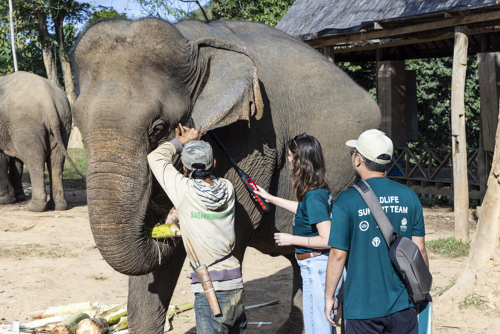
Improving elephant welfare
Therefore, World Animal Protection has helped to establish an elephant ambulance service that aims to improve elephant welfare. The ambulance drives out to the elephants to provide routine check-ups and emergency veterinary assistance. The veterinarians advise owners on feeding and care at the same time.
"As the veterinarians from the ambulance gradually build up a trusting relationship with the elephant owners they visit, they also start talking about animal welfare. It can be a rather sensitive topic, but using the elephants’ health as an approach, they open up for a positive dialogue,” said Stephanie Kruuse Klausen, Campaign Manager, Wild Animals World Animal Protection.
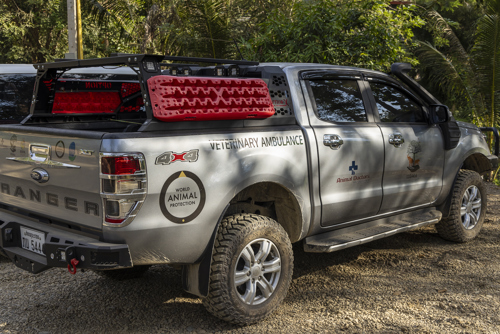
Overview of the elephants state of health
All elephants living in captivity in Laos are fitted with a chip so they can be identified. The elephant ambulance also makes sure to register the elephants in a new app World Horse Welfare New field shelters for horse refuge that can help veterinarians and Laotian authorities to gain an overview of the elephants’ state of health. The QATO Foundation has supported the operation of the elephant ambulance.
About World Animal Protection
World Animal Protection is a worldwide animal protection organisation that has been protecting animals against exploitation and maltreatment for more than 50 years. Today, WAP has departments in 14 countries. They use campaigns and projects to inspire people, organisations and governments to improve conditions for animals all over the world.

